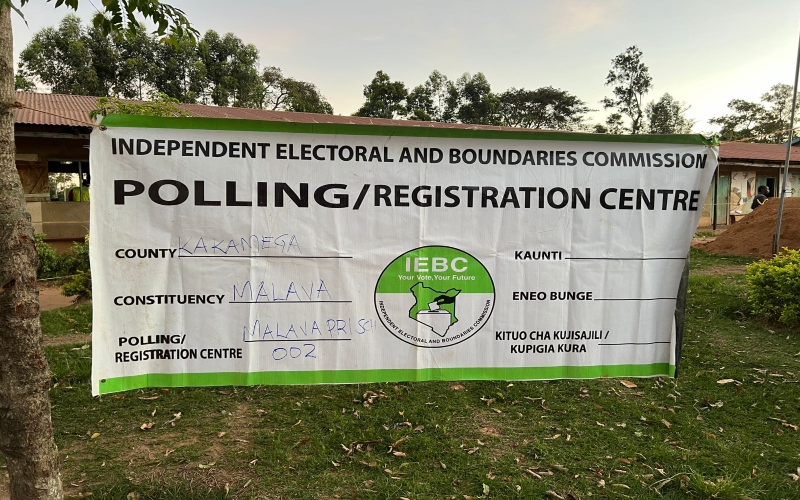Electric toothbrush or manual? Which one is the best?

Some studies have suggested that electric toothbrushes reduce plaque and gingivitis (gum disease) more effectively than manual ones.
When it comes to oral hygiene, having the right tools to care for your teeth is important.
When it comes to brushing your teeth, one of the most common debates is whether getting a manual toothbrush or an electric toothbrush is more effective.
More To Read
- South Korean scientists develop patch to regrow human teeth
- Beyond Sugar: Common foods linked to baby tooth decay
- African health ministers adopt regional framework to fight oral diseases
- Dental problems and cavities during breastfeeding: How moms are affected
- World Oral Health Day: Understanding fluorosis in Kenya
- Government says unlicensed dental services providers face Sh10 million fine
While both options are now widely used, let us take a closer look at the pros and cons of each to help you make an informed decision.
Electric toothbrushes are of different types, ranging in price, and mode of action.
Effectiveness
An electric toothbrush does most of the work for you while for a manual brush, you do most of the work.
Electric brushes move the head of the brush back and forth, and in circular motions, giving a deep and thorough cleaning to each tooth.
Some studies have suggested that electric toothbrushes reduce plaque and gingivitis (gum disease) more effectively than manual ones.
This is mostly beneficial for children learning to brush properly or for people with impaired agility.
On the other hand, manual toothbrushes can still get the job done when used correctly, as long as you use the proper technique and brush for the recommended two minutes.
Cost
Manual toothbrushes are easy to find and purchase, while most are made from plastic, many brands are coming up with eco-friendly options with biodegradable handles or recyclable packaging. They range from Sh50 to Sh400.
Electric toothbrushes are bulky and more expensive. This is because many of them are either battery-powered or use electricity. They range from Sh1,000 to Sh15,000 depending on the brand.
Durability
When it comes to durability, manual toothbrushes are simple and last around three to four months before needing replacement.
Their main wear is bristles, which are often damaged with rough use. They are also lightweight and easy to carry around.
Electric toothbrushes on the other hand are designed to last for several years with proper care.
While the brush heads need to be replaced every few months, the main concern for durability is battery life, which typically lasts for two to three years, which is a better investment in the long run.
However, it is important to note that electric toothbrushes are often prone to water damage, therefore, investing in a good brand is key.
In conclusion, both manual and electric toothbrushes have their pros and cons. The choice between the two will depend on your personal preference, including the balance between long-term investment and ease of use.
Top Stories Today















































